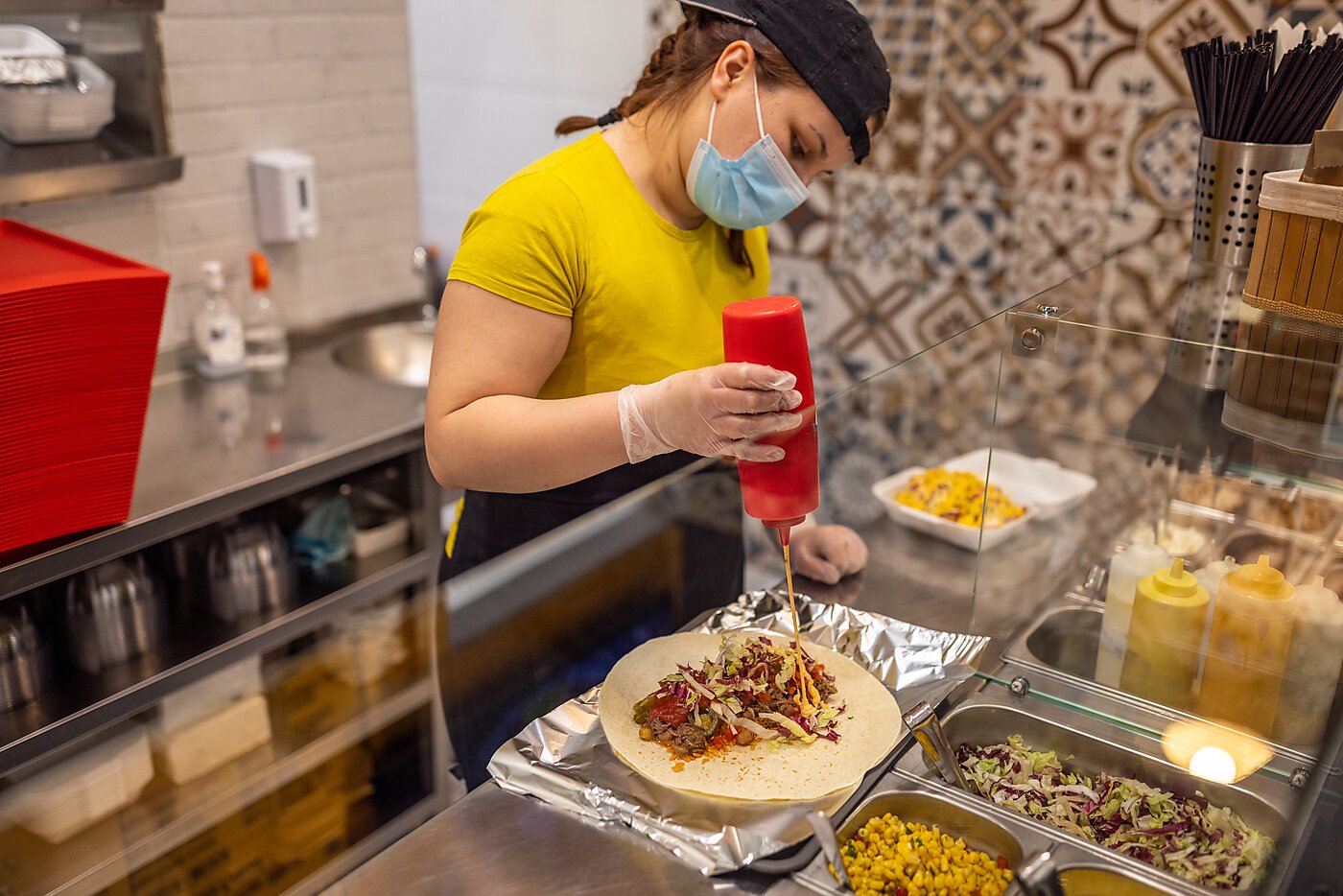
Yes, California’s Fast-Food Minimum Wage Law Has Killed Thousands of Jobs
Recent estimates on job losses in California caused by a $20 minimum wage hike for fast-food employees confirm what classical liberal economics has always taught about the minimum wage and what Cato experts said about the law last summer.
As Milton Friedman taught, minimum wage laws “increase unemployment” and “the groups that will be hurt the most are the low-paid and the unskilled.”
In California, the raise in the minimum wage for fast-food workers from $16 to $20 was signed into law by Gov. Gavin Newsom (D) on September 28, 2023, and went into effect on April 1, 2024. The law applies to restaurants, coffee shops, and juice bars with at least 60 locations nationwide. E.g., McDonald’s, Wendy’s, Jersey Mike’s, Del Taco, and Pizza Hut.
That wage hike, which raised the cost of labor, killed 6,166 fast-food jobs between September 2023 and June 2024, reported the Employment Policies Institute in late December 2024. Counting the whole year since the law was signed—September 2023–2024—there were at least 9,600 job losses (and up to 19,300), reported Edgeworth Economics in late November 2024.
The Employment Policies Institute further reported that between September 2023 and June 2024 “total private sector fast-food employment nationwide grew 1.6 percent” but in California it declined 1.1 percent. And that decline was steeper than statewide private employment, which fell only 0.3 percent in that same period.
Citing the Quarterly Census of Employment and Wages, the EPI said the $20 minimum wage “shows crystal-clear negative employment consequences” and “unequivocal job losses.”
Economist Stephen G. Bronars, PhD, with Edgeworth Economics, commented, “The $20 minimum wage harms California’s least experienced workers by causing them to be more expensive, but no more productive, for limited-service restaurants that have traditionally hired young and inexperienced workers. Limited-service restaurants will replace employees with kiosks as businesses adapt to the higher minimum wage.”
California’s minimum wage law for fast-food workers is, like any such law, a price floor; it is a price control on labor. Employers and workers are not free to negotiate the wages they want; the government dictates the price. And this, as decades of evidence shows, puts people out of work. As Cato’s 2024 book The War on Prices explained, minimum wage laws only deliver “symbolic hope to the working poor” and “risk leaving many of the nation’s most vulnerable worse off.”

